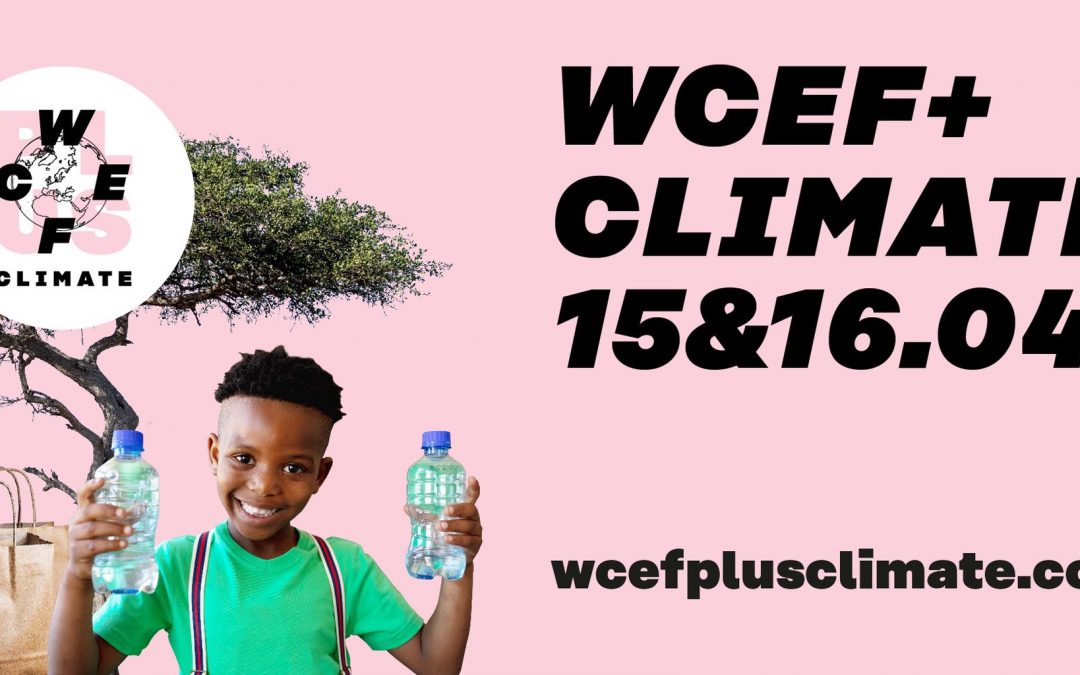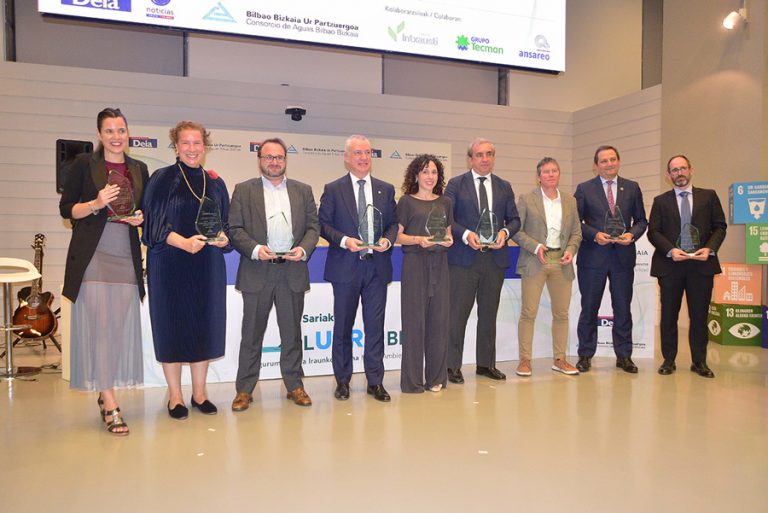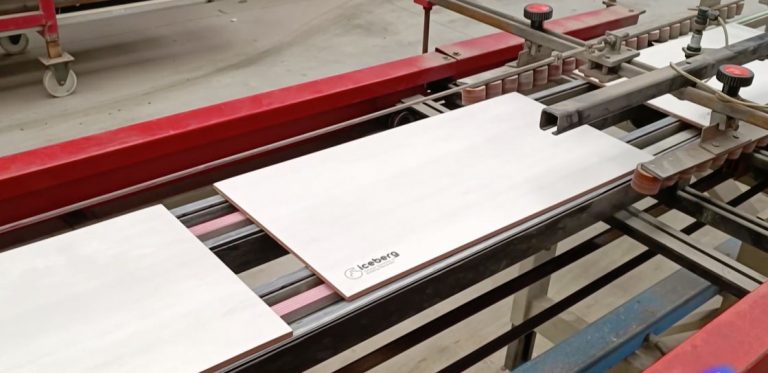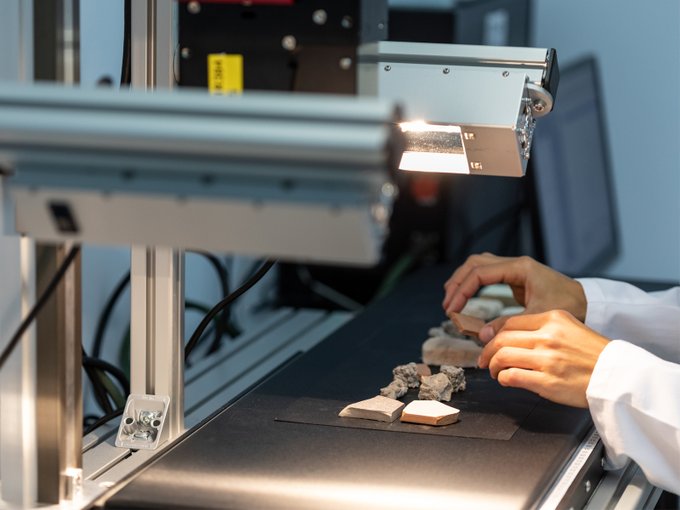The crucial role of a circular economy in achieving climate neutrality
Next month, on April 15th and 16th, the Netherlands and the Finnish Innovation Fund Sitra will welcome representatives of governments, international organisations, knowledge institutes, the private sector, and citizens from around the world to a virtual conference platform, to digitally meet up and discuss the important role of a circular economy in achieving climate neutrality.
Climate change is one of the greatest challenges of our times. A circular economy can play a vital part in addressing this crisis. By designing out waste, avoiding pollution and keeping materials in use as long as possible, we can reduce climate emissions by about 20%. To achieve climate neutrality, we need to look beyond energy efficiency, and all work towards a circular shift across the world.
In WCEF+Climate’s 13 sessions, leaders from government, business and civil society will commit to bold action, scale up their commitments, and share best practices for a just transition to a circular economy. If we are to achieve the United Nations’ 2030 Agenda and the Sustainable Development Goals, we must look towards a circular future.
The conference will focus on how a circular economy can contribute to reaching our common climate targets. Other topics include the reuse, collection and recycling of plastics and electronics, reduction of CO2 emissions from heavy industry, monitoring, as well as enhancing international cooperation between governments, businesses, knowledge institutes and civil society in the context of circular economy.
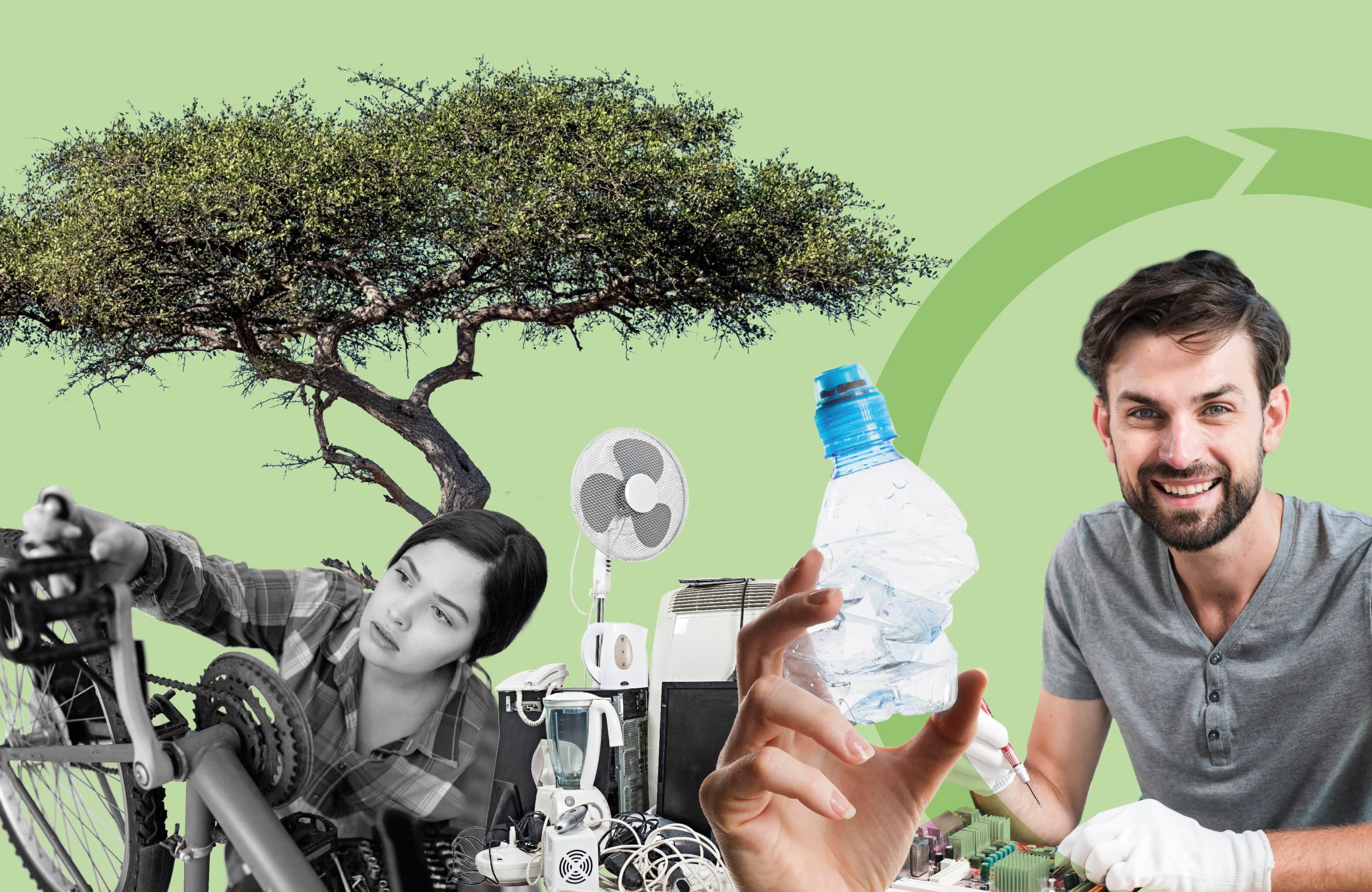
To achieve climate neutrality, we need to look beyond energy efficiency, and all work towards a circular shift across the globe.
The main goal of the WCEF+Climate is to inspire countries, organisations and people to take bold steps that aim for a circular economy by 2050, a necessity for carbon neutrality. The conference aims to achieve three goals:
Agenda setting and mobilisation
- Increasing political commitment for the link between the circular economy and climate change
- Reaching the circular economy’s full potential in Nationally Determined Contributions
Coalition building
- Improve structural engagement among regions
- Building cross-regional coalitions to increase circularity in value chains of plastics and electronics
Integrating the circular economy in existing frameworks
- Better incorporating the circular economy in SDGs and the Agenda 2030
- Establishing synergies and breakthroughs/leading the way in circular economy monitoring linked to the Paris Agreement and Sustainable Development Goals
In addition, the conference aims to increase knowledge in the field of climate change, circular economy and the reduction of CO2 emissions by focusing on themes such as the reuse of plastics and electronics, reduction of CO2 emissions from heavy industry and stimulation of international cooperation between governments, business, knowledge institutes and civil society.
For registration and to learn more about this interesting online event, visit the official website:

